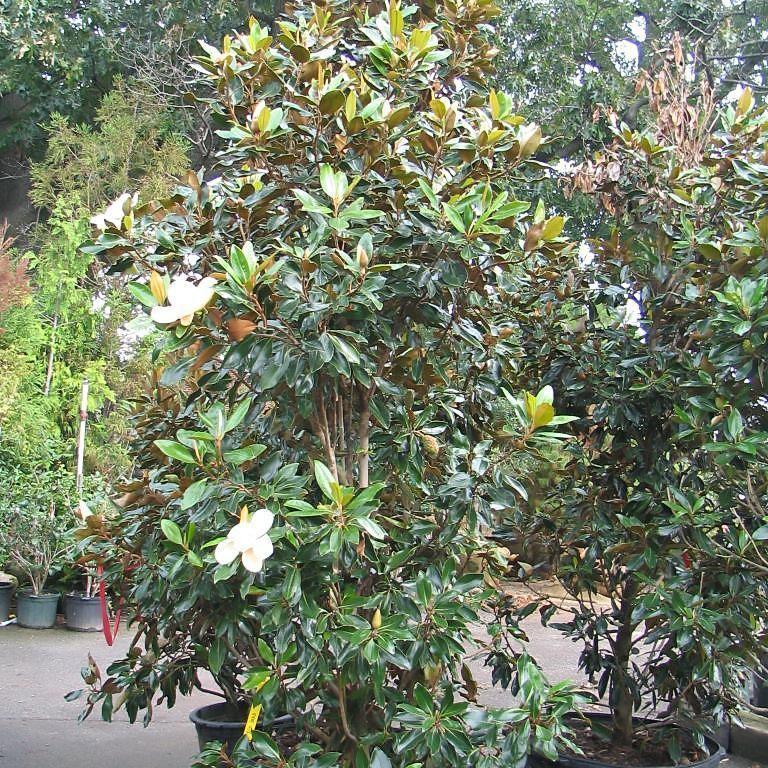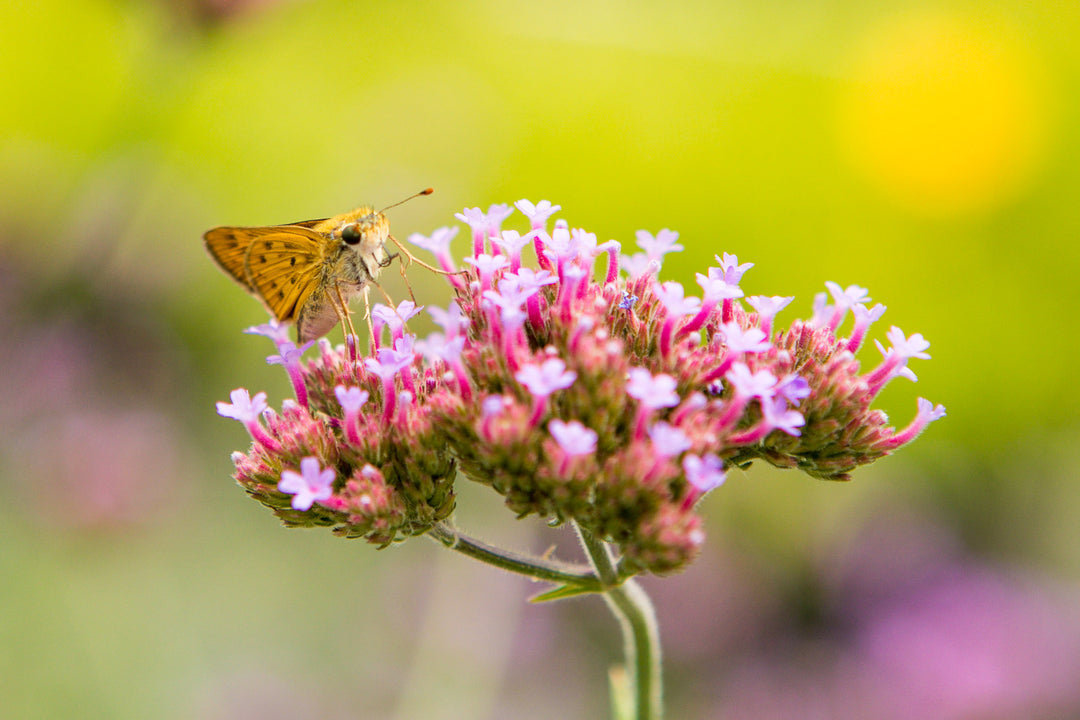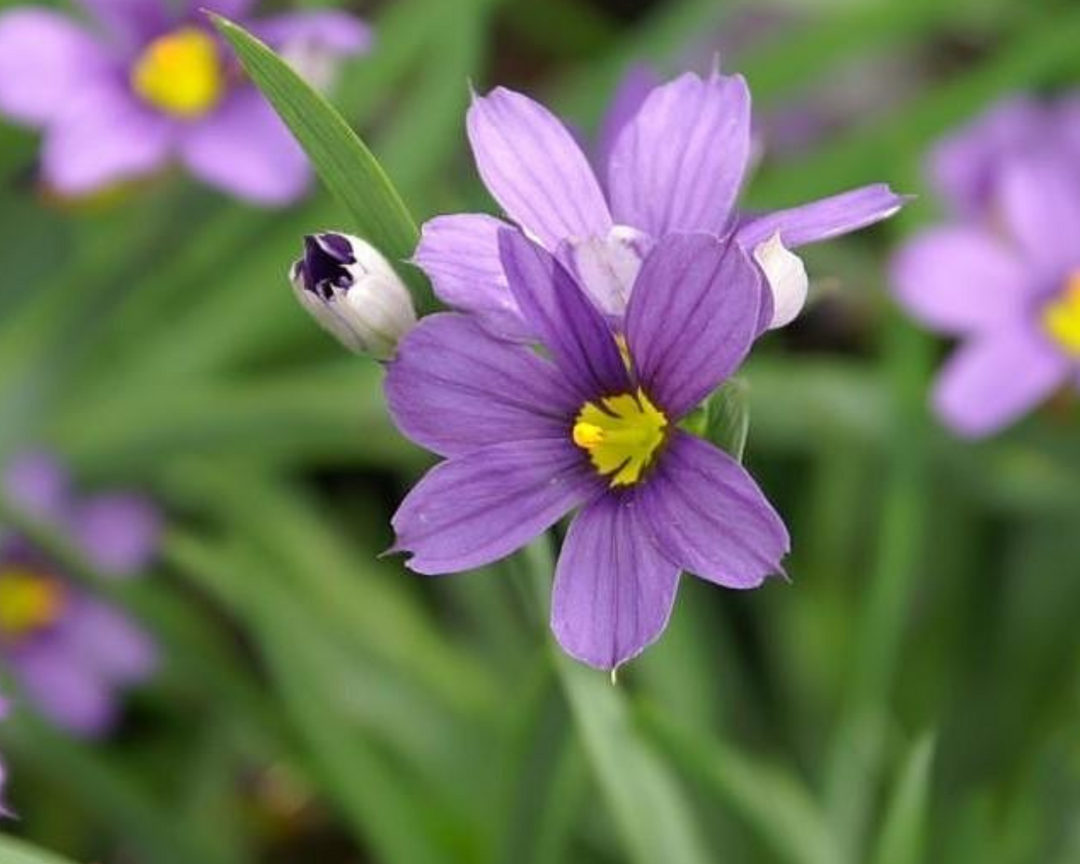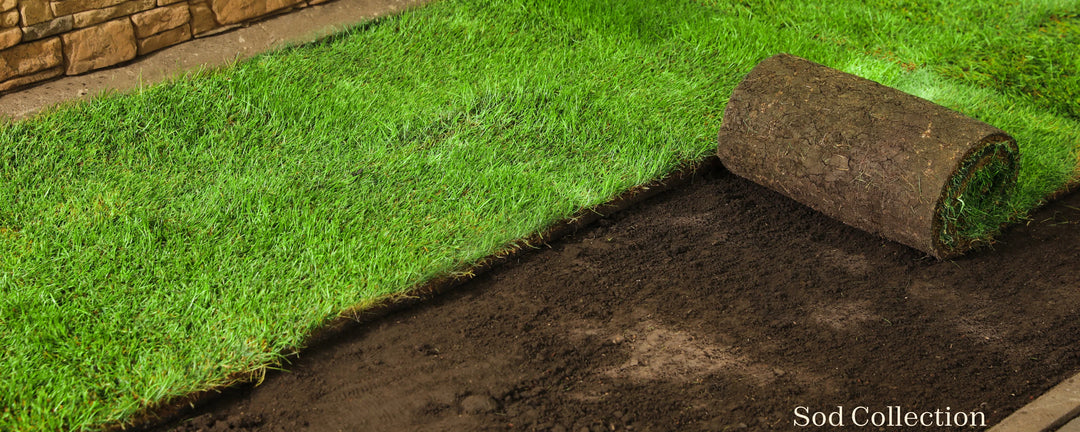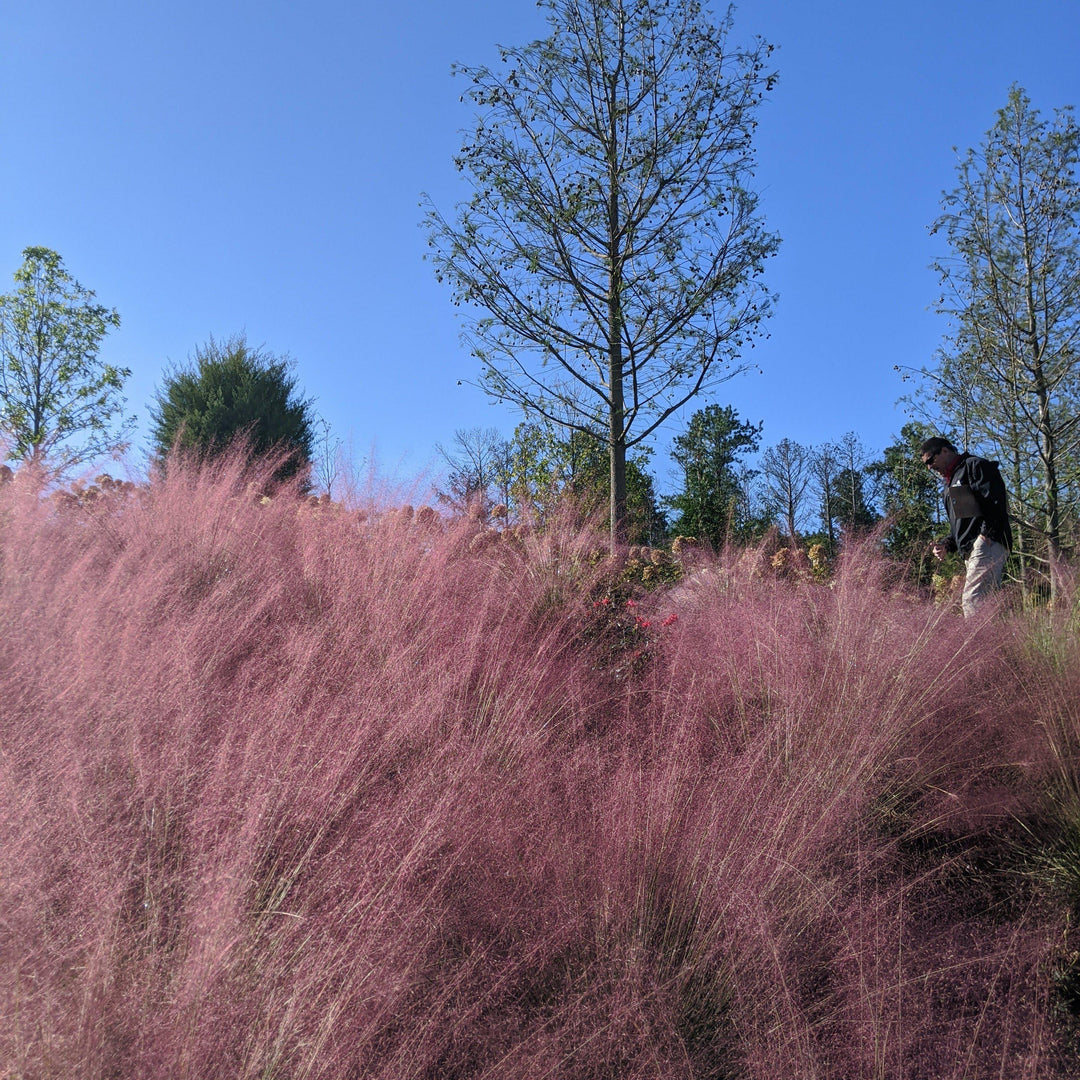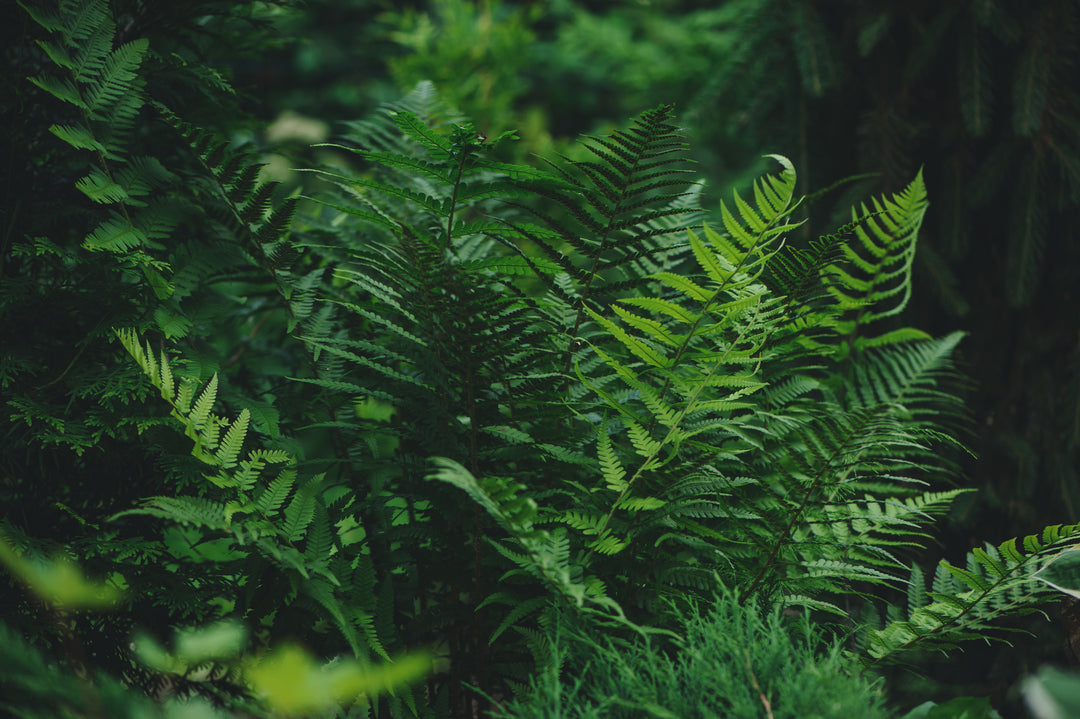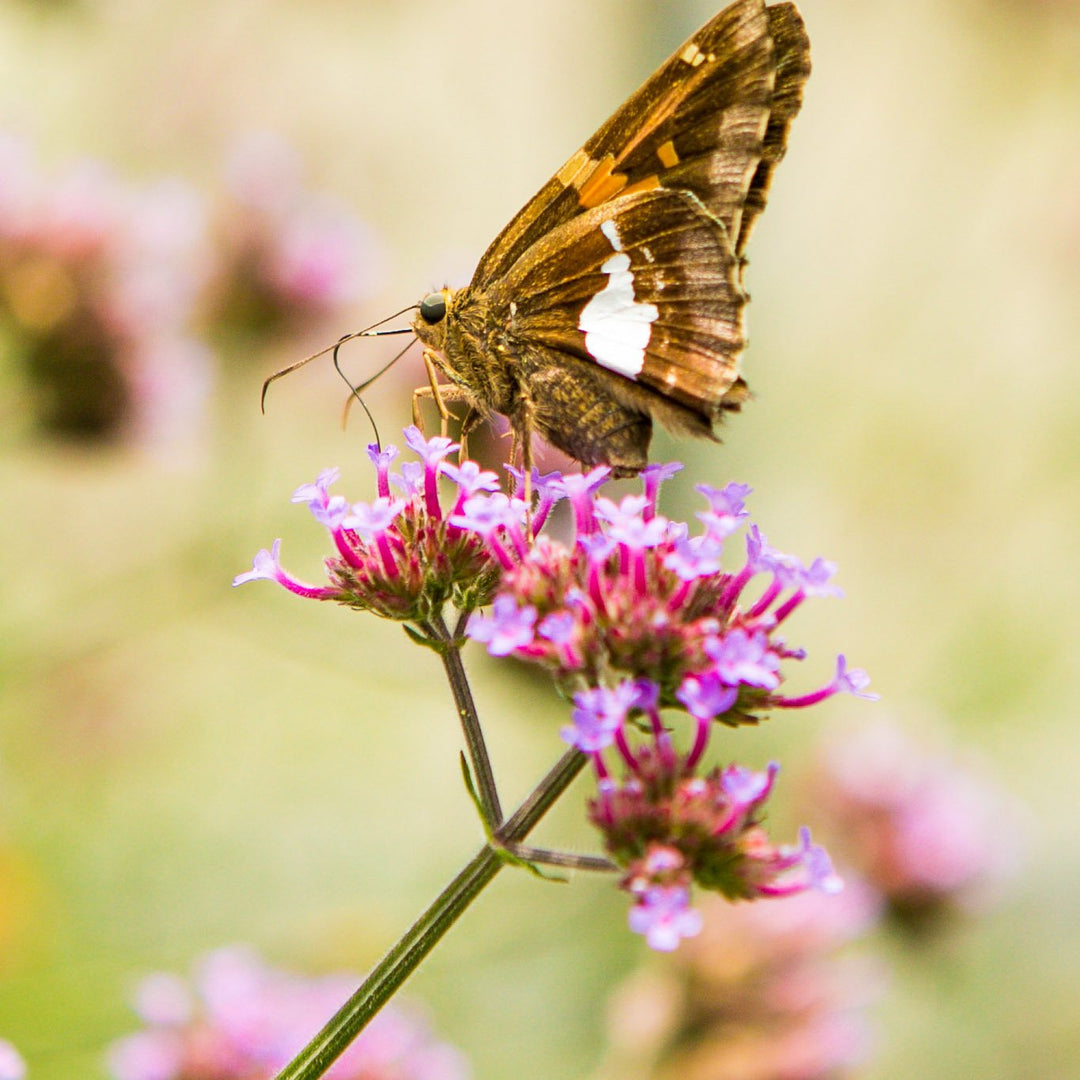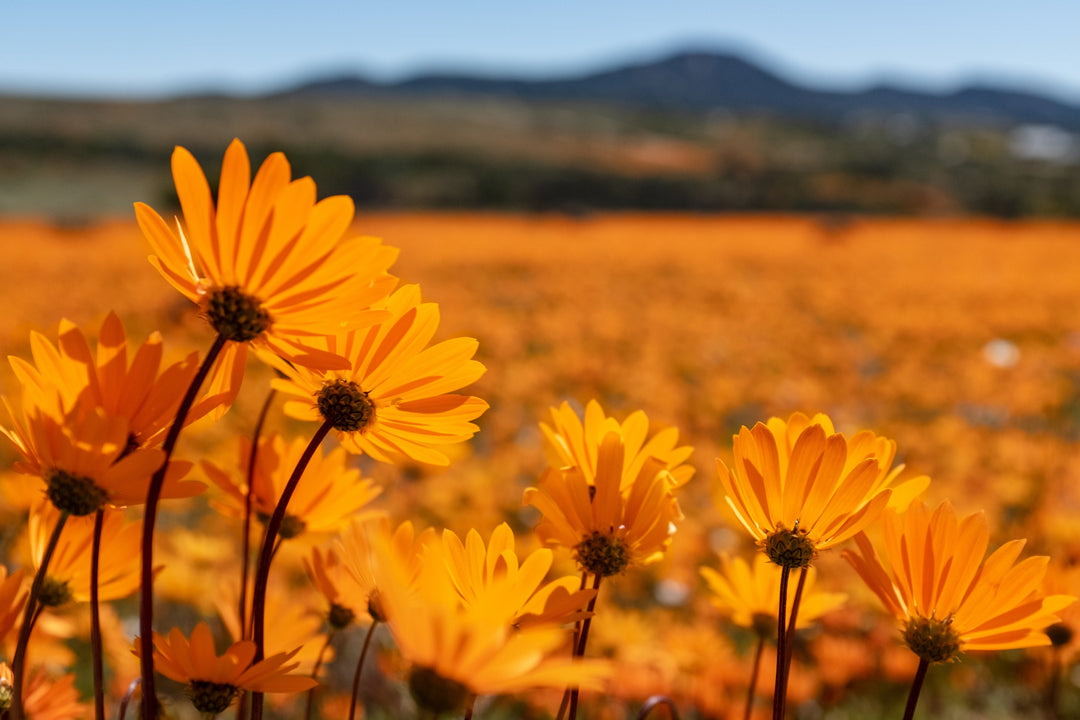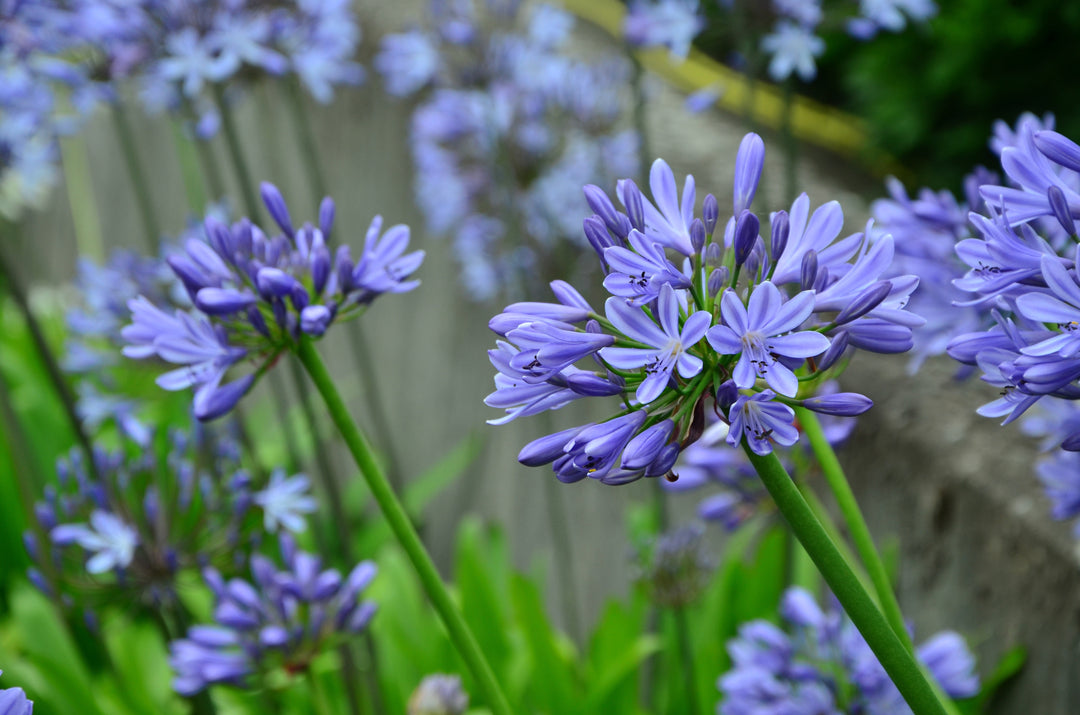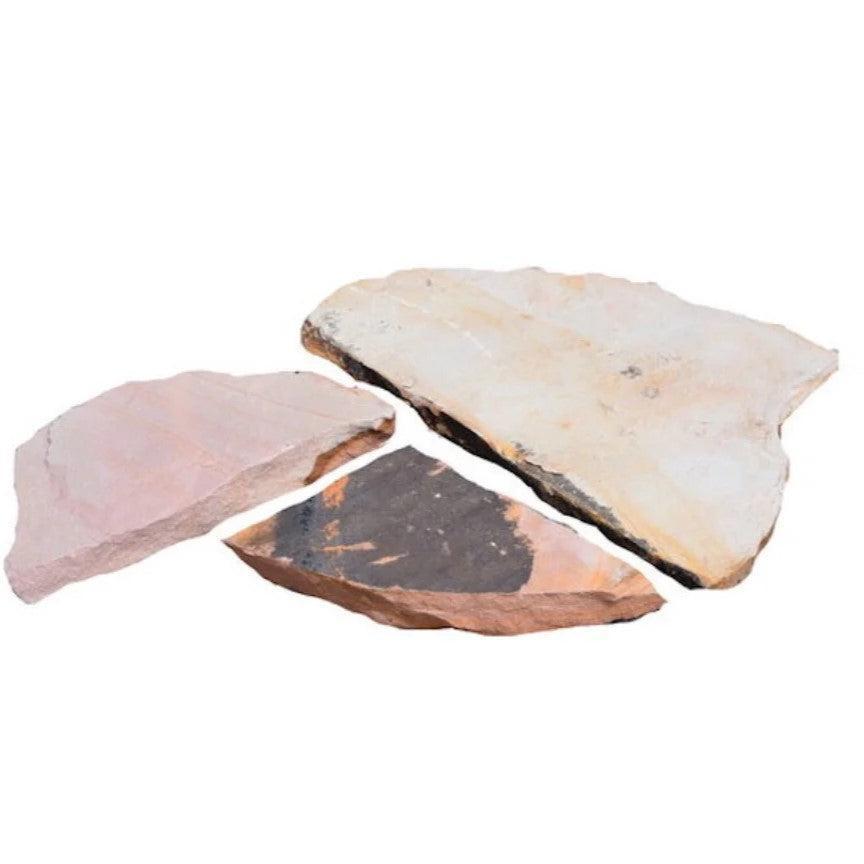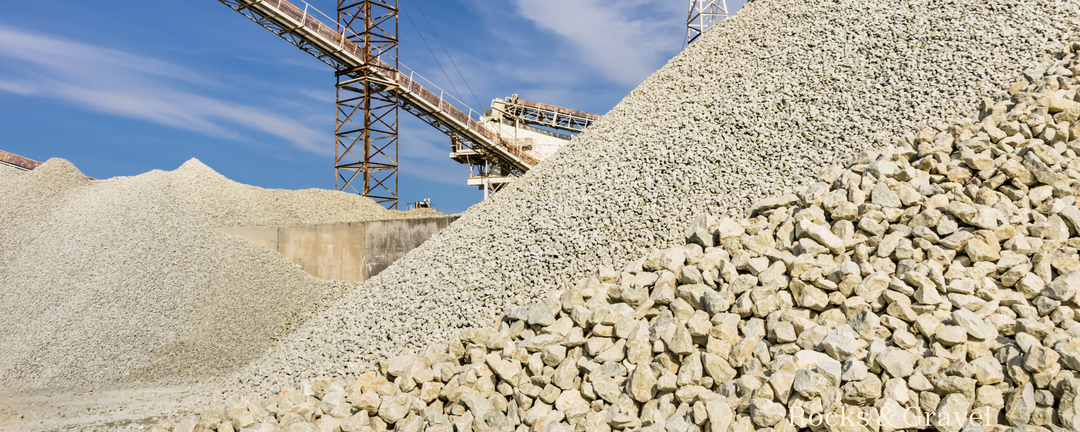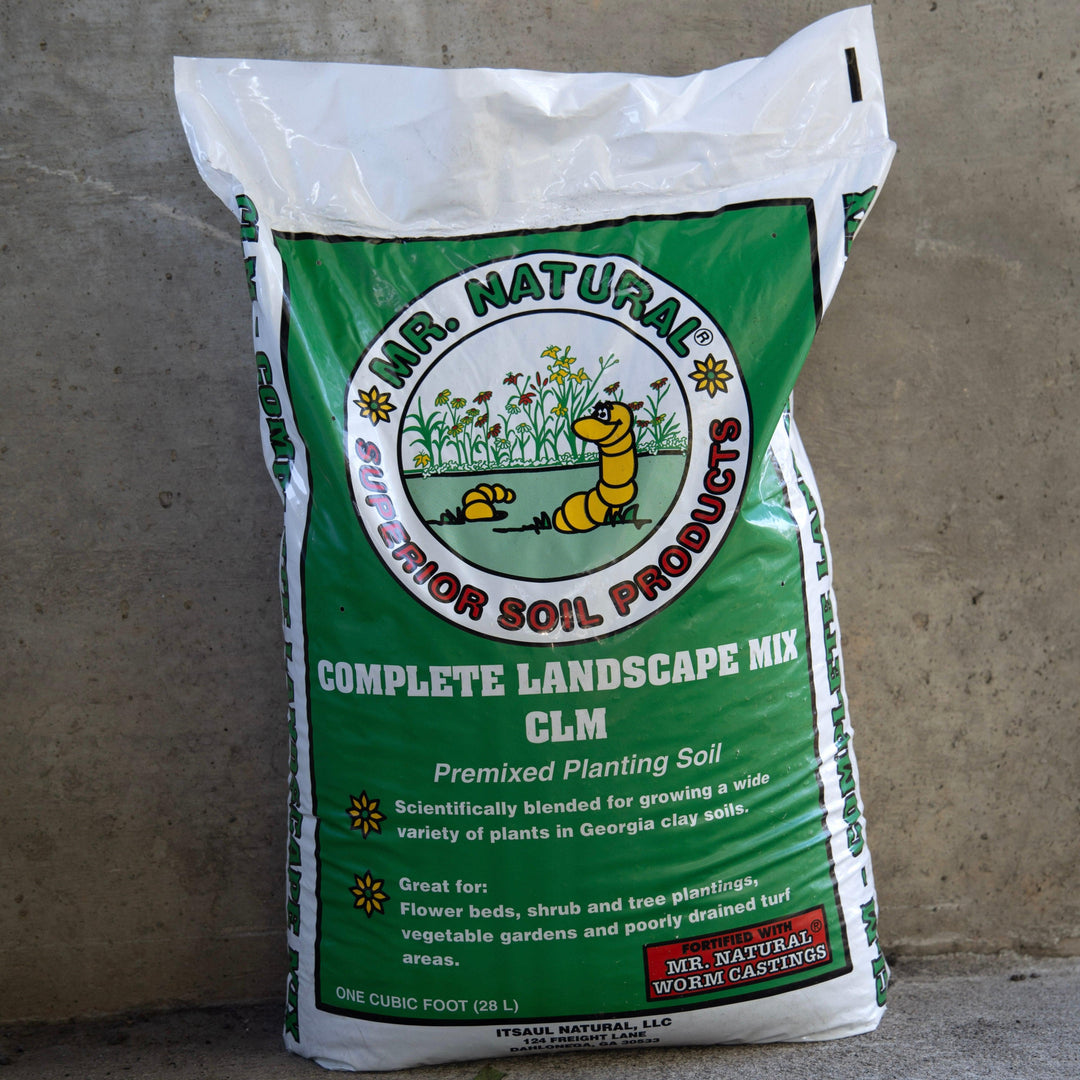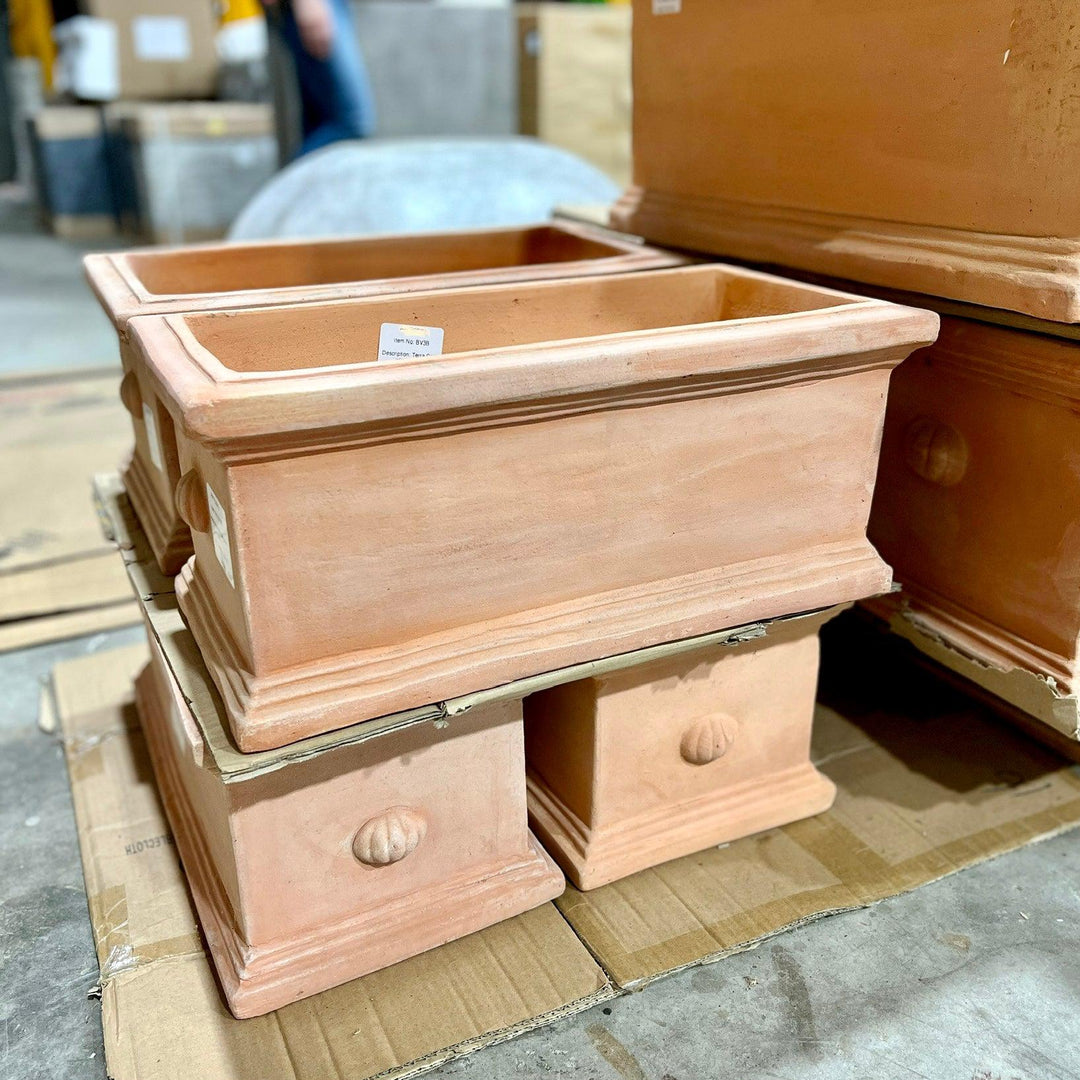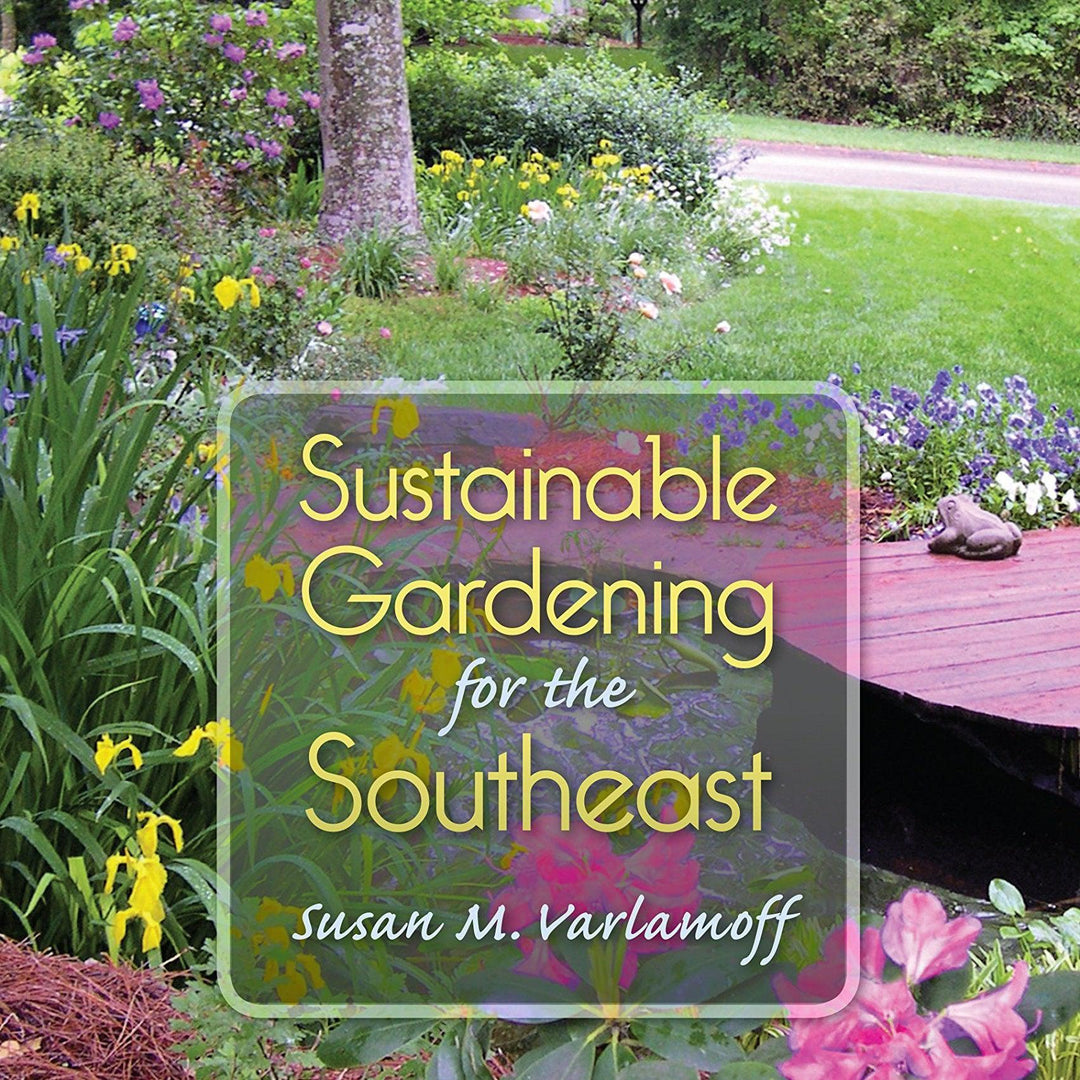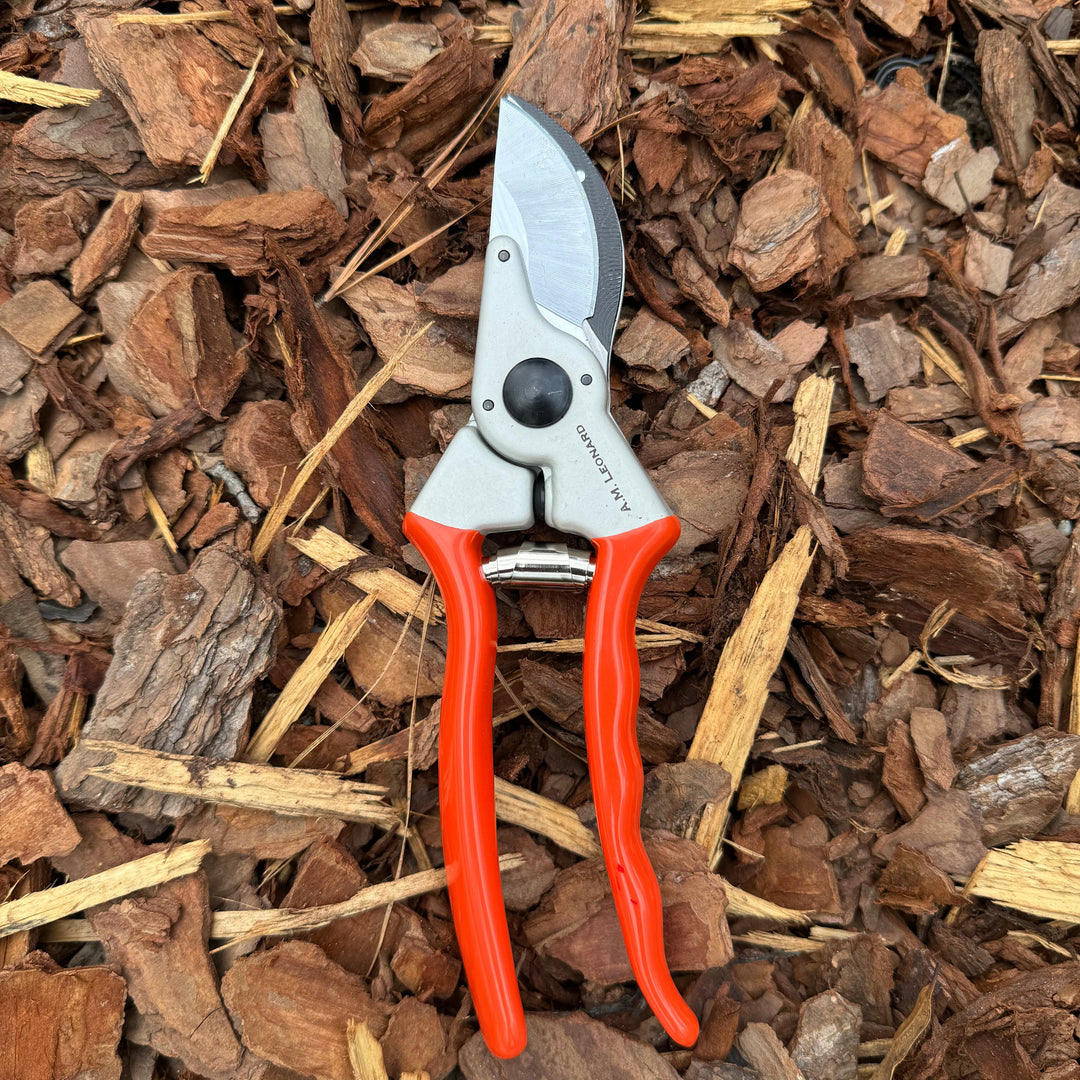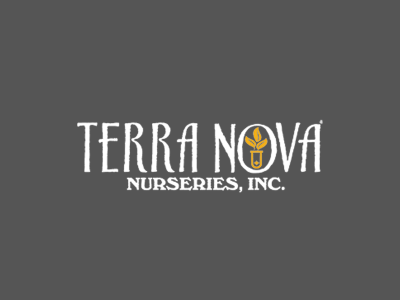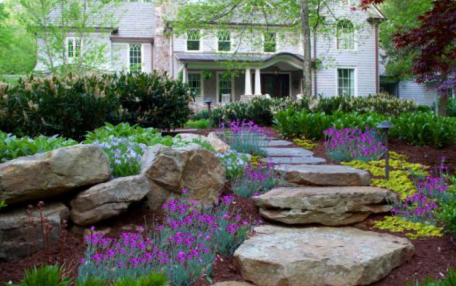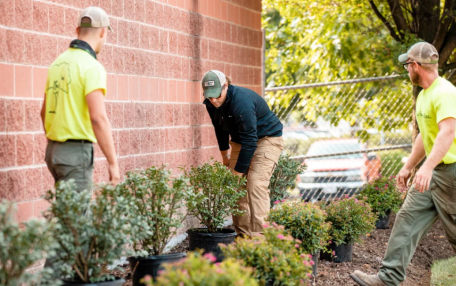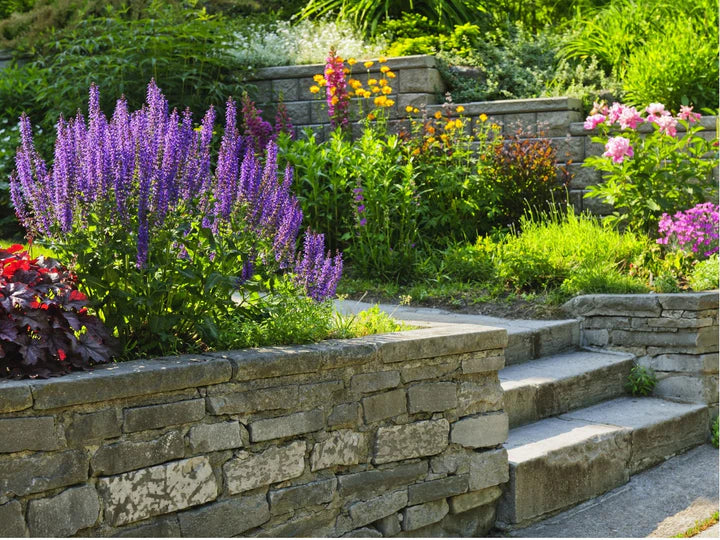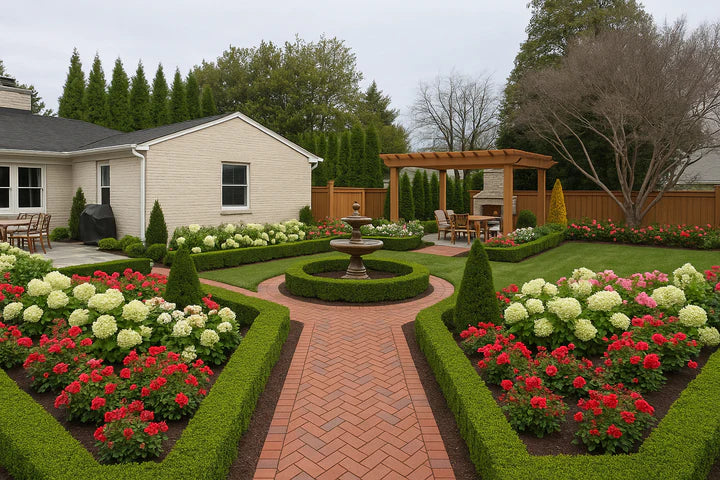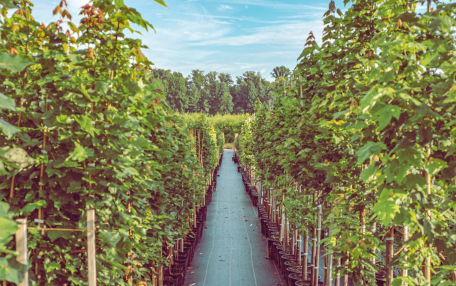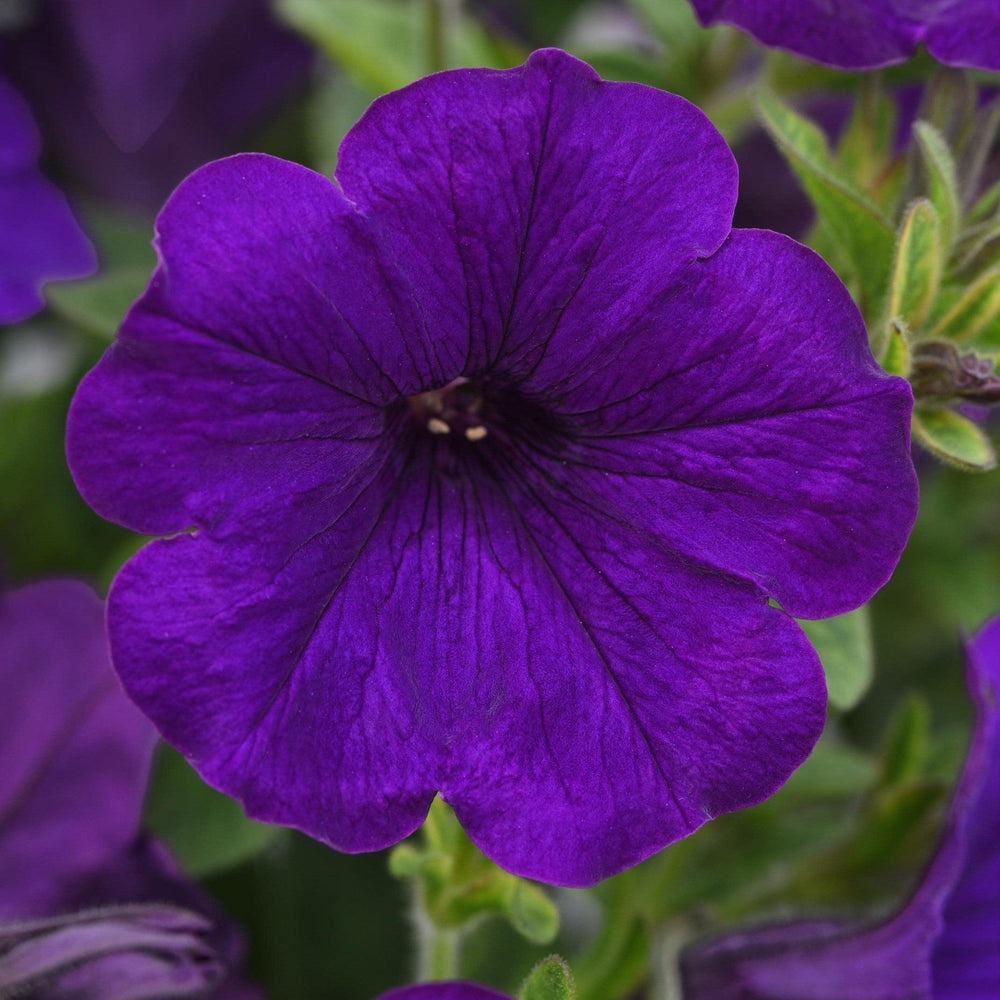Exploring the Enchanting World of Dryopteris Ferns
Ferns have a unique charm, casting a lush, feathery presence in gardens and woodland settings. Among them, the Dryopteris genus, commonly known as wood ferns, offers a diverse array of species and cultivars that can transform your garden into a verdant oasis. Let's embark on a journey to discover the enchanting world of Dryopteris ferns, compare their common species, and find out which one is the perfect fit for your garden.

Comparing Common Dryopteris Species:
- Description: The Male Fern is known for its graceful arching fronds and vibrant green color. It's a robust and adaptable species that thrives in various soil types.
- Best For: Woodland gardens, moist to wet conditions, and areas with dappled shade.
- Description: The Autumn Fern earned its name from its coppery-red new fronds in spring, which gradually turn deep green. It's a striking and compact fern that provides year-round interest.
- Best For: Adding color and texture to shaded areas, mixed borders, or containers.
- Description: Marginal Wood Fern is a native fern with finely divided, evergreen fronds. It's known for its adaptability and tolerance to a wide range of growing conditions.
- Best For: Native plant gardens, rocky slopes, and naturalized landscapes.
- Description: The Crested Wood Fern features unique crested fronds at the tips, adding an intriguing twist to your fern collection. It has a clumping growth habit.
- Best For: Shaded rock gardens, woodland gardens, and as an accent plant.
- Description: Intermediate Wood Fern displays elegant, lacy fronds with a graceful appearance. It's a moderate-sized fern with a delicate charm.
- Best For: Shaded borders and mixed plantings.
- Description: Spreading Wood Fern has a distinct appearance with its wide, arching fronds. It's a clumping fern that adds a touch of grandeur to gardens.
- Best For: Providing a bold presence in shaded landscapes.
- Description: Toothed Wood Fern showcases finely toothed fronds that contribute to its unique appeal. It's a versatile fern for various garden styles.
- Best For: Adding texture to woodlands and mixed plantings.
- Description: Southern Wood Fern is a charming native fern with finely divided fronds. Its adaptability and graceful appearance make it a valuable addition.
- Best For: Native plant gardens and naturalistic landscapes.

Popular Dryopteris Ferns
Explore the exquisite world of Dryopteris ferns with our carefully curated selection of seven standout varieties, each adding its unique charm to your garden. These handpicked Dryopteris ferns are available on ServeScape and are sure to captivate you with their beauty and versatility.
- Highlights: Known for its stunning coppery-red fronds in spring, 'Brilliance' brings vibrant color to shaded areas year-round.
- Best For: Adding a burst of elegance and vibrancy to your garden.
- Highlights: The finely divided fronds of 'Parsley' create a lush, feathery appearance, making it a classic choice.
- Best For: Adding texture and a touch of timeless beauty to your landscape.
- Highlights: Native to North America, Goldie's Shield Fern boasts large, graceful fronds and thrives in woodland settings.
- Best For: Enhancing native plant gardens and naturalistic landscapes.
- Highlights: 'Jurassic Gold' stands out with its striking golden fronds that add a touch of elegance to any garden.
- Best For: Creating a captivating focal point in shaded areas.
- Highlights: A hybrid fern with attractive arching fronds, the Dixie Wood Fern is a versatile choice for various garden styles.
- Best For: Shaded borders and mixed plantings.
- Highlights: The shaggy, finely divided fronds of this fern create a captivating texture in shaded gardens.
- Best For: Adding a touch of whimsy and charm to your landscape.
- Highlights: Champion Fern is known for its compact size and vibrant red fronds in spring, making it an eye-catching choice for shaded areas.
- Best For: Adding a burst of color and texture to your garden's understory.

Dryopteris Fern Care Guide:
Planting:
- Sunlight: Most Dryopteris ferns thrive in partial to full shade. Some, like the Autumn Fern, can tolerate dappled sunlight.
- Soil: Well-draining, humus-rich soil is ideal. Wood ferns are adaptable to various soil types but prefer slightly acidic conditions.
- Watering: Keep the soil consistently moist, especially during the growing season. However, avoid waterlogged conditions.
- Pruning: Remove dead or damaged fronds in late winter or early spring to encourage new growth.
- Fertilization: Generally, ferns don't require heavy fertilization. Applying a balanced, slow-release fertilizer in early spring is sufficient.
Pest and Disease Issues:
- Ferns are relatively pest and disease-resistant. Regular inspection can help identify any potential issues early.
Winter Care:
- Apply a layer of mulch around the base of the fern to protect it during winter. Ferns are typically hardy, but this can provide additional insulation.
By exploring the unique qualities of common Dryopteris species and the charm of popular cultivars, you can choose the perfect fern to enhance your garden's beauty and tranquility. These ferns not only add greenery but also bring texture, color, and elegance to your landscape.

